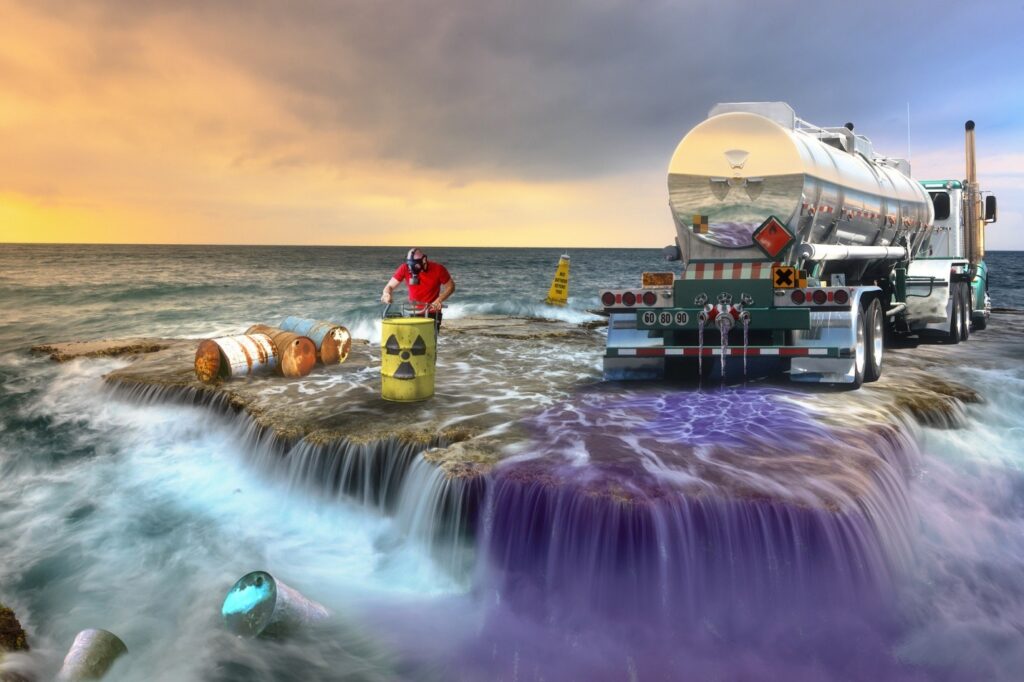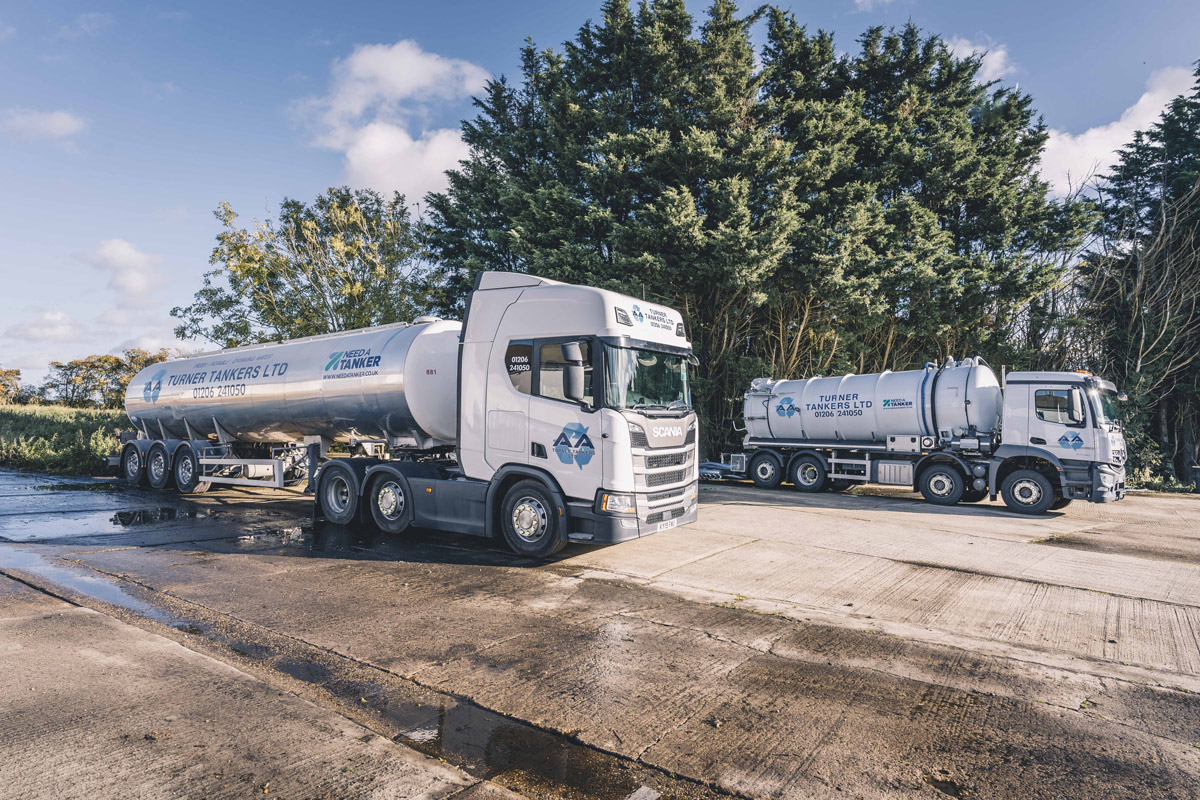Reclaim Waste - An Overview
Reclaim Waste - An Overview
Blog Article
The Of Reclaim Waste
Table of Contents3 Simple Techniques For Reclaim WasteLittle Known Questions About Reclaim Waste.Facts About Reclaim Waste UncoveredTop Guidelines Of Reclaim WasteOur Reclaim Waste Ideas
Check out the kinds, events, and kinds of liquid waste. Domestic sewage waste describes the waste and items from a residential sewage-disposal tank. This sort of waste is created by human beings in houses, colleges, and other structures. This only consists of sewage-disposal tanks that have a drainpipe field. The correct administration and disposal of residential sewer waste call for liquid waste to be moved to a sewage therapy plant where the proper approaches and tools are related to purify and get rid of waste.
Commercial waste commonly consists of potential dangers, such as flammable materials or a combination of liquid and strong waste products, and calls for a much more advanced and comprehensive disposal process. The disposal of commercial waste commonly includes the purification of waste before transport to make certain secure and proper disposal. Industrial waste is produced from byproducts and drainage of industrial processes and production.
This type of waste can not make use of the same sewer management transport or procedures as septic or commercial fluids. The hazardous waste monitoring procedure calls for the inspection and testing of liquid waste before it goes through the disposal process (industrial wastewater treatment). Runoff waste is the liquid waste that comes from runoff and excess stormwater in extremely booming locations or cities
Overflow waste can cause contamination and flooding if not handled appropriately. Find out more concerning sewer cleaning and waste administration. Making certain correct waste management can avoid catastrophes and decrease ecological damage. Both people in household settings and professionals in industrial or production markets can gain from recognizing the processes and guidelines of fluid waste monitoring.
Reclaim Waste Fundamentals Explained
Call PROS Providers today to discover our waste administration and disposal services and the proper ways to care for the fluid waste you produce.
(https://www.intensedebate.com/people/reclaimwaste1)Do you know what happens to your water when you disengage, purge the bathroom or drain the cleaning maker? No? Well, it's worth understanding. This supposed 'wastewater' is not only an essential resource yet, after treatment, will certainly be released to our land, rivers or the ocean. Made use of water from commodes, showers, baths, cooking area sinks, laundries and commercial processes is called wastewater.

water made use of to cool equipment or tidy plant and devices). Stormwater, a kind of wastewater, is runoff that streams from farming and urban locations such as roofs, parks, yards, roadways, paths and rain gutters right into stormwater drains, after rainfall. Stormwater streams untreated directly to regional creeks or rivers, eventually getting to the ocean.
Getting The Reclaim Waste To Work
In Queensland, most wastewater is treated at sewage treatment plants. Wastewater is moved from domestic or industrial sites through a system of sewers and pump stations, known as sewerage reticulation, to a sewage therapy plant. City governments build, maintain and operate most sewer therapy plants. Operators are accredited under the Environmental Defense Act 1994 to discharge treated wastewater at an acceptable environmental requirement into rivers.
The Department of Natural Resources recommends city governments about handling, operating and preserving sewerage systems and therapy plants. In unsewered locations, city governments might need homeowners to install specific or family sewer treatment systems to deal with residential wastewater from bathrooms, kitchen areas, washrooms and washings. The Division of Natural Resources authorizes using family systems when they are proven to be effective.
In some new class, treatment of some stormwater to get rid of trash, sand and crushed rock has actually begun making use of gross contaminant traps. Wastewater treatment takes place in four stages: Eliminates solid issue.
Wastewater after that moves into big containers where solids work out and are gotten rid of as sludge. Grease and scum are skimmed from the surface area. Makes use of tiny living microorganisms called micro-organisms to break down and eliminate remaining liquified wastes and great bits. Micro-organisms and wastes are included in the sludge. Eliminates nitrogen and phosphorus nutrients that could trigger algal blossoms in our waterways and threaten marine life.
The smart Trick of Reclaim Waste That Nobody is Discussing
Nutrient elimination is not readily available in all sewer therapy plants because it calls for pricey specialised devices. It is coming to be extra common in Queensland. Clear liquid effluent created after treatment may still contain disease-causing micro-organisms. If this effluent is released into rivers such as rivers or the sea, the micro-organisms will eventually die out.

This generally means wastewater has actually to be dealt with or pollutants removed before it can be released to rivers. A lot of wastewater moves into the sewerage system. Under the Act, regional federal governments provide authorizations and permits for eco appropriate tasks (ERAs) including wastewater releases that could have a regional influence. The division administers authorizations and licences to Periods including wastewater releases that could have a regional or statewide impact.
Reclaim Waste Things To Know Before You Get This
Or else, examples are taken for lab evaluation. Typically several tests are needed to develop the degrees of each of the various toxins such as oils, hefty steels and chemicals in water. Surveillance supplies factual information regarding water top quality and can validate that permit problems are being fulfilled. The details gotten through monitoring provides the basis for making water quality decisions.
Report this page